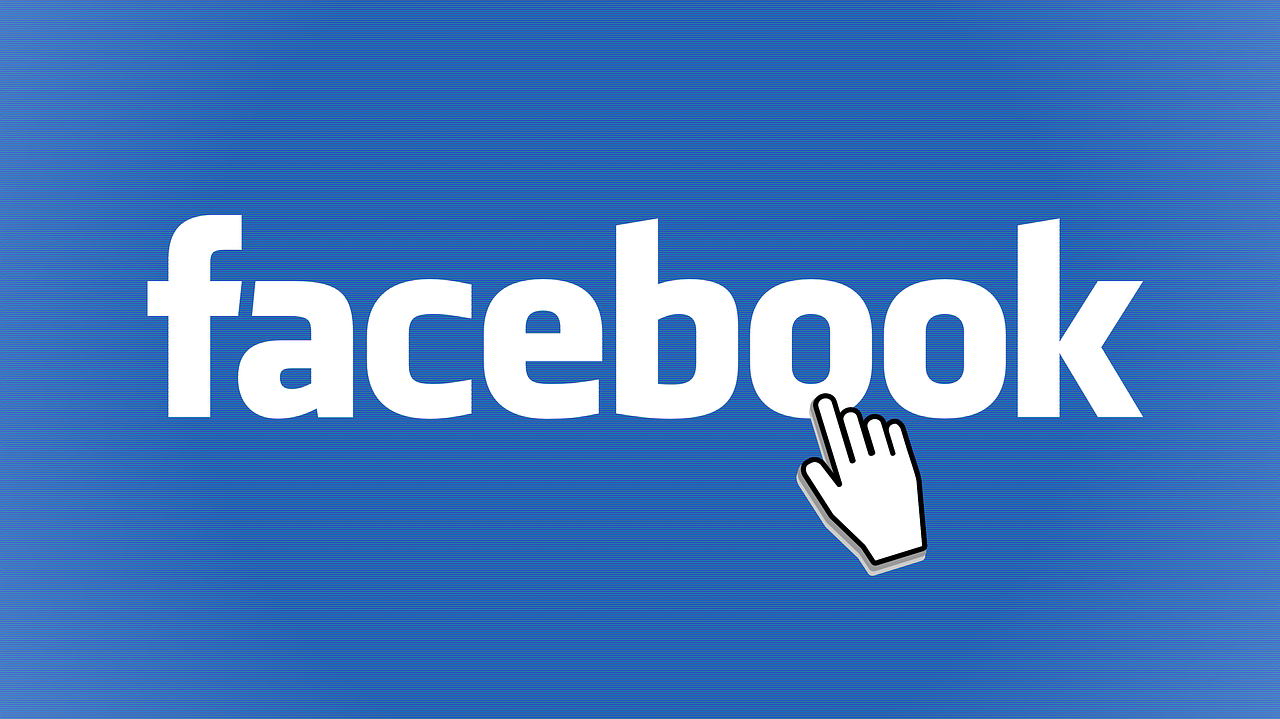
Brace yourself for a mind-blowing journey behind the scenes of one of the most influential platforms in modern history – Facebook. Beyond its ability to keep us connected with friends and family, this tech giant has delved into an intriguing realm: digital payments. With its innovative payment system known as Facebook Pay, the company has not only transformed how we interact online but also revolutionized how content creators are compensated for their hard work. Prepare to be amazed as we unravel the secrets behind this powerful tool that empowers thousands around the globe with financial independence and creative freedom.
Understanding Facebook Pay
Facebook Pay is a payment feature offered by Facebook that allows users to send and receive money securely through the social media platform. It provides a convenient way for users to make transactions within Facebook’s ecosystem, whether it’s paying a friend for dinner, buying goods from a business page, or donating to a cause. The simplicity of Facebook Pay lies in its integration across multiple Facebook-owned platforms, such as Messenger and Instagram, ensuring seamless transfers between these apps.
One intriguing aspect of Facebook Pay is its focus on security. With the rise of online fraud and data breaches, many users are concerned about the safety of their financial information when making online payments. However, Facebook has taken steps to address this issue by incorporating multiple layers of protection into their payment system. For instance, they use encryption technology to safeguard sensitive data and offer additional authentication options like fingerprint or Face ID recognition on devices that support it. Furthermore, Facebook Pay gives users full control over their payment settings and allows them to review past transactions for added peace of mind. In addition to personal payments among friends and family, businesses can also benefit greatly from using Facebook Pay. For merchants who have set up shop on Facebook Pages or Instagram Shops, this feature offers a seamless checkout experience for customers within the app itself. By providing an integrated and secure payment solution right at the point of purchase, businesses can improve conversion rates and customer satisfaction while streamlining their operations.
How does Facebook Pay work?
Facebook Pay is a convenient and secure way to send and receive money through the popular social media platform. By linking your debit card or PayPal account, you can quickly make transactions with friends, family, or businesses on Facebook Messenger, Instagram, and even on Marketplace. This feature eliminates the hassle of exchanging banking information each time you want to settle a payment.
One key advantage of using Facebook Pay is its emphasis on security. The platform employs advanced encryption technology to protect your personal and financial data from unauthorized access. Additionally, it allows users to set up a unique PIN or use biometric authentication for added protection. With these measures in place, you can confidently enjoy the perks of speedy money transfers without compromising your privacy. Furthermore, Facebook Pay offers additional features beyond just sending money. You can also use it to make donations or purchase items directly from businesses within the app. For entrepreneurs and small business owners, this opens up new opportunities for expanding their reach and connecting with potential customers seamlessly.
Benefits of using Facebook Pay
Facebook Pay offers numerous benefits to its users, making it an attractive option for both personal and business transactions. One of the key advantages is its convenience. Instead of having to switch between multiple apps or websites to make payments or send money, Facebook Pay allows you to complete these transactions within the Facebook app itself. This streamlined experience saves time and effort, particularly for those who already use Facebook extensively.
Another major benefit of Facebook Pay is its security features. With the increasing concern over online fraud and identity theft, security has become a top priority for users when engaging in financial transactions online. Thankfully, Facebook Pay offers multiple layers of protection, including encryption technology to safeguard your payment information and activity logs that allow you to keep track of your transactions. Additionally, Facebook Pay provides a seamless integration with Messenger and WhatsApp, allowing you to send money or make payments directly through these messaging platforms. This integration eliminates the need for additional steps in initiating transfers or discussing payment details separately from your usual conversations on these platforms. It’s a feature that promotes easy collaboration among friends or colleagues and creates a more efficient communication ecosystem.
Limitations and restrictions of Facebook Pay
One of the major limitations of Facebook Pay is its availability. Currently, Facebook Pay is only available to users in select countries, which means that many individuals around the world are unable to utilize this payment feature. This restriction not only limits the reach and potential customer base for businesses using Facebook Pay but also hinders individuals from conveniently making online transactions within the platform.
Another notable limitation of Facebook Pay is its exclusivity to the Facebook ecosystem. While it may be convenient for those who spend a significant amount of time on Facebook, it poses challenges for those who prefer to use other platforms or have accounts on multiple social media networks. This restriction forces users into a singular platform and limits their choices when it comes to online payments. Moreover, privacy concerns surrounding Facebook’s track record with data breaches and misuse further contribute to the restrictions faced by users of Facebook Pay. With numerous scandals regarding data privacy and security, many individuals are skeptical about sharing their financial information on a platform known for mishandling personal data. These concerns act as significant hurdles for user adoption and prevent some from fully embracing this payment feature.
Conclusion: Is Facebook Pay right for you?
In conclusion, the decision of whether or not to use Facebook Pay ultimately comes down to your personal preferences and circumstances. For avid Facebook users who regularly engage in peer-to-peer transactions or make purchases within the platform, Facebook Pay can offer a convenient and streamlined payment option. With its integration across various Facebook-owned platforms like Messenger, Instagram, and WhatsApp, it certainly has the potential to make online transactions smoother.
However, it is important to consider some potential drawbacks as well. One concern with using Facebook Pay is the issue of privacy and data security. Given Facebook’s tumultuous history when it comes to protecting user data, there could be reservations about sharing sensitive financial information with the company. Additionally, if you are already accustomed to other payment services like PayPal or Venmo that offer similar functionalities with stronger security measures in place, then sticking with those options might be more appealing. Ultimately, it is vital for each individual user to weigh the pros and cons of using Facebook Pay before deciding whether it is right for them.
